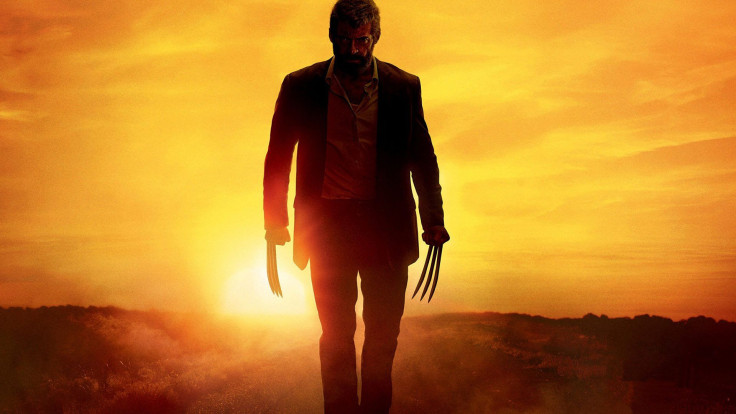Nostalgia in film has undergone an interesting metamorphosis. Initially, property recognition was the name of the game. It didn’t really matter how faithful an adaptation was (take Bryan Singer’s initial run of X-Men films for example) as long as the marque boasted a name audiences were familiar with, even tentatively. It gave studios license to pump out cheap, unimaginative action films with a guaranteed returned profit. That was the status quo for a while with occasional inspired moments. This trend soon bled into reboot-sequel mania, so that by 2007, we we’re on our fourth live-action Batman and what would be the first of five live-action Transformers movies.
But then, in 2008 the Marvel Cinematic Universe created a series of films that survives on a sense of exclusivity—films made by life long fans and just as equally for them. This changed everything. You couldn't just put a bunch of dudes in black leather spandex and call it X-men. Studios were at the mercy of the fans and had to get it right or pay for it at the box office. Costumes had to be accurate, characters couldn’t undergo any significant change and their stories couldn't challenge the viewership.
Certainty is a fool’s game, but I suspect this phase is already coming to an end. The genre vehicles that have generated the most buzz in recent years all seem to have a few things in common, most notably a push toward subversion. While Logan, Spider-Man: Homecoming, Star Trek: Discovery and The Last Jedi are all films that have a mind for the canon and history of the characters it adapts, the movies make a point to not just recreate them, but comment on them.
Logan has things to say about Wolverine’s legacy. The writers clearly share a genuine affinity for the character, but they aren’t tethered by that desperate need to placate fans, They’re more interested in telling a story. The same applies to Spider-Man: Homecoming , just by a different route. The filmmakers sought to maintain everything fundamental about their titular hero whilst framing it in a more contemporary context. Again, fan backlash be damned.
Star Trek: Discovery isn't a great show. In fact, unlike the other properties I mentioned, I’d argue Discovery has made risky changes without really retaining anything that makes it feel like its source material. In any case, Discovery, like Logan and Homecoming want to appeal to new fans, with little regard for the older ones. There isn’t contempt there—it’s evolution. The quality of the show notwithstanding, I’d even call it a welcomed evolution.
The Last Jedi is probably the most extreme example of all of this, and incidentally enough, the most successful. Luke Skywalker is one of the most recognizable characters from cinema and there have been an enormous amount of comics, novels and video games dedicated to speculating what Luke would look and feel like in Return Of The Jedi . For most part, these postulations fell into one of two camps: Badass, Obi Wan-type, or a badass, Dark force user. Fans wanted so desperately to get one of these two outcomes, certainly more so the former than the latter. Fans desired something stark and dramatic, yet director Rian Johnson ultimately opted for neither. Luke Skywalker is a canonical, old disappointment. He turned his back on the force, he contemplated killing his nephew, he sips on green milk and he doesn’t care too much for “laser-swords.”
Character choices can be unexpected, sure, but they aren’t illogical. They’re not informed by fan expectation, but designed to serve a more compelling story. Going forward, the big blockbuster in film history has plainly said: These movies don’t belong to us, and their direction can no longer be influenced by our outrage.
This is what genre films need: Vision and audacity.

















